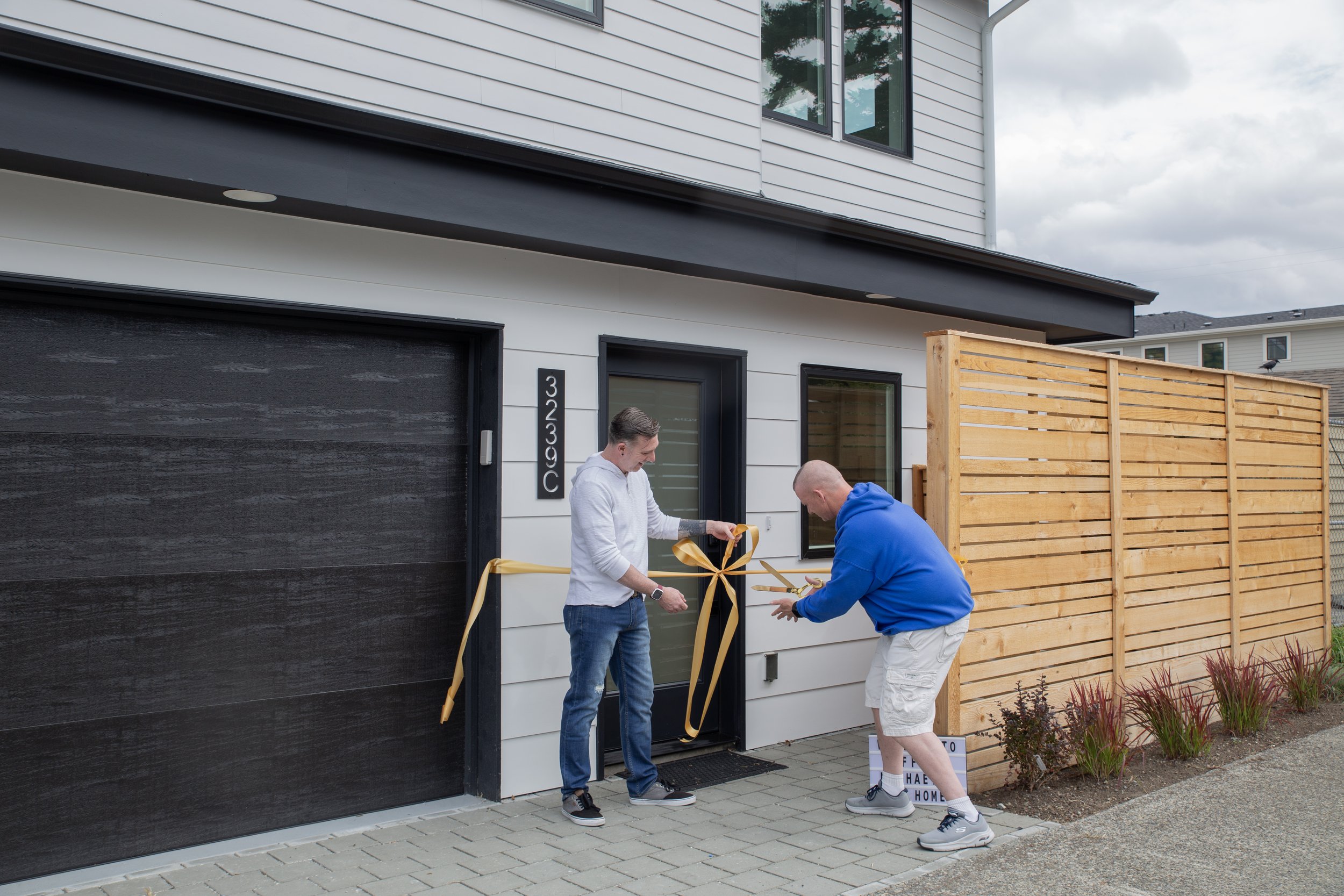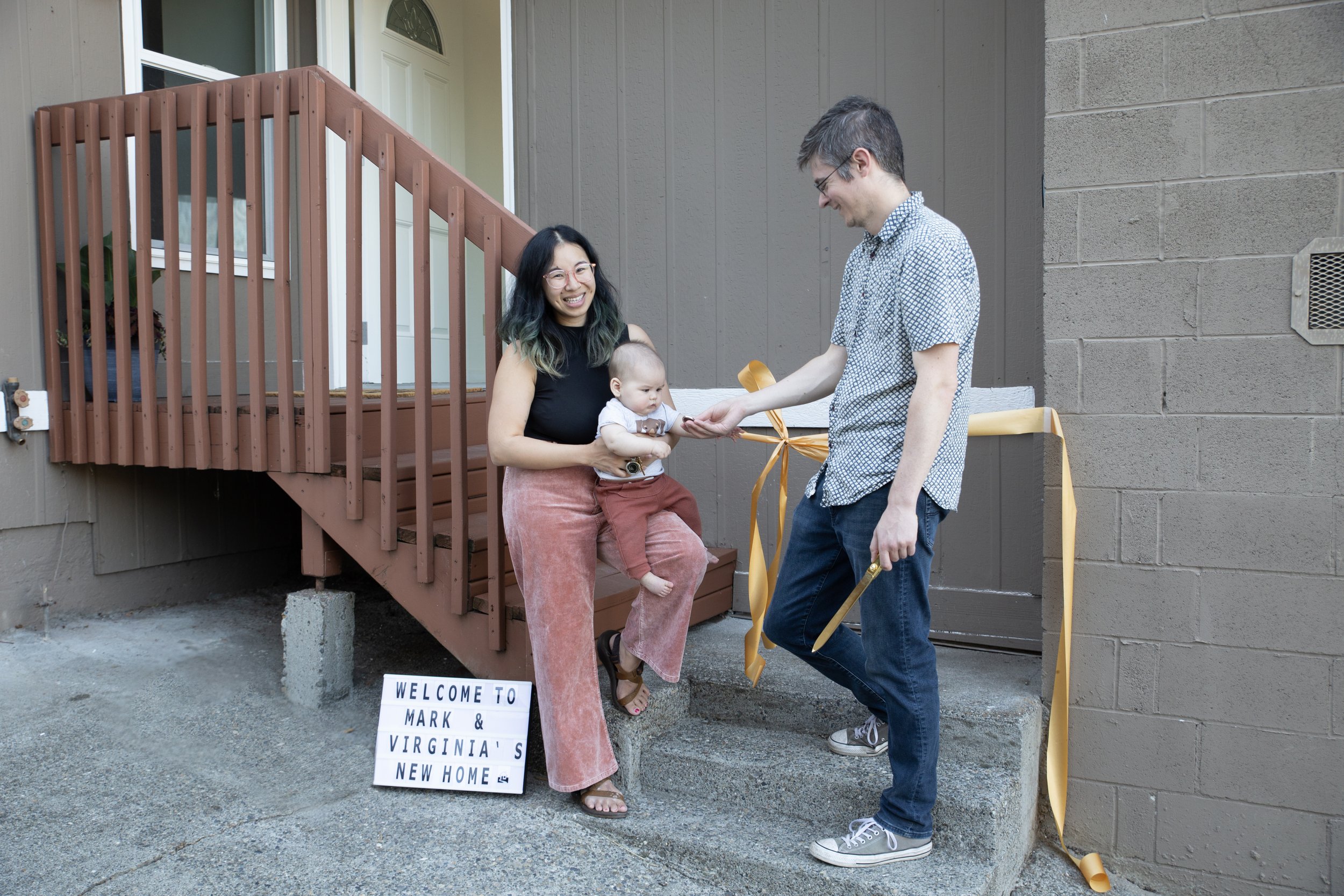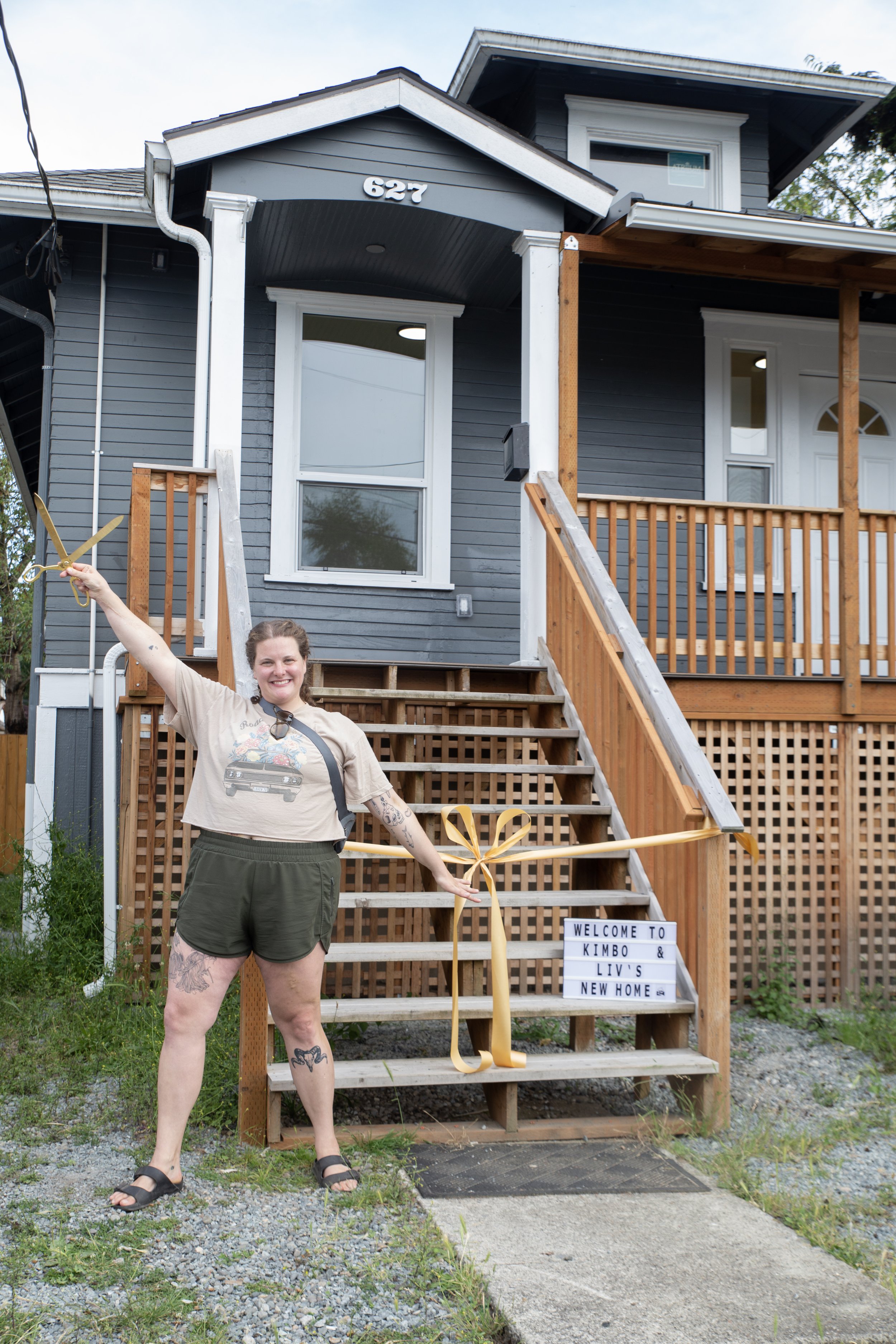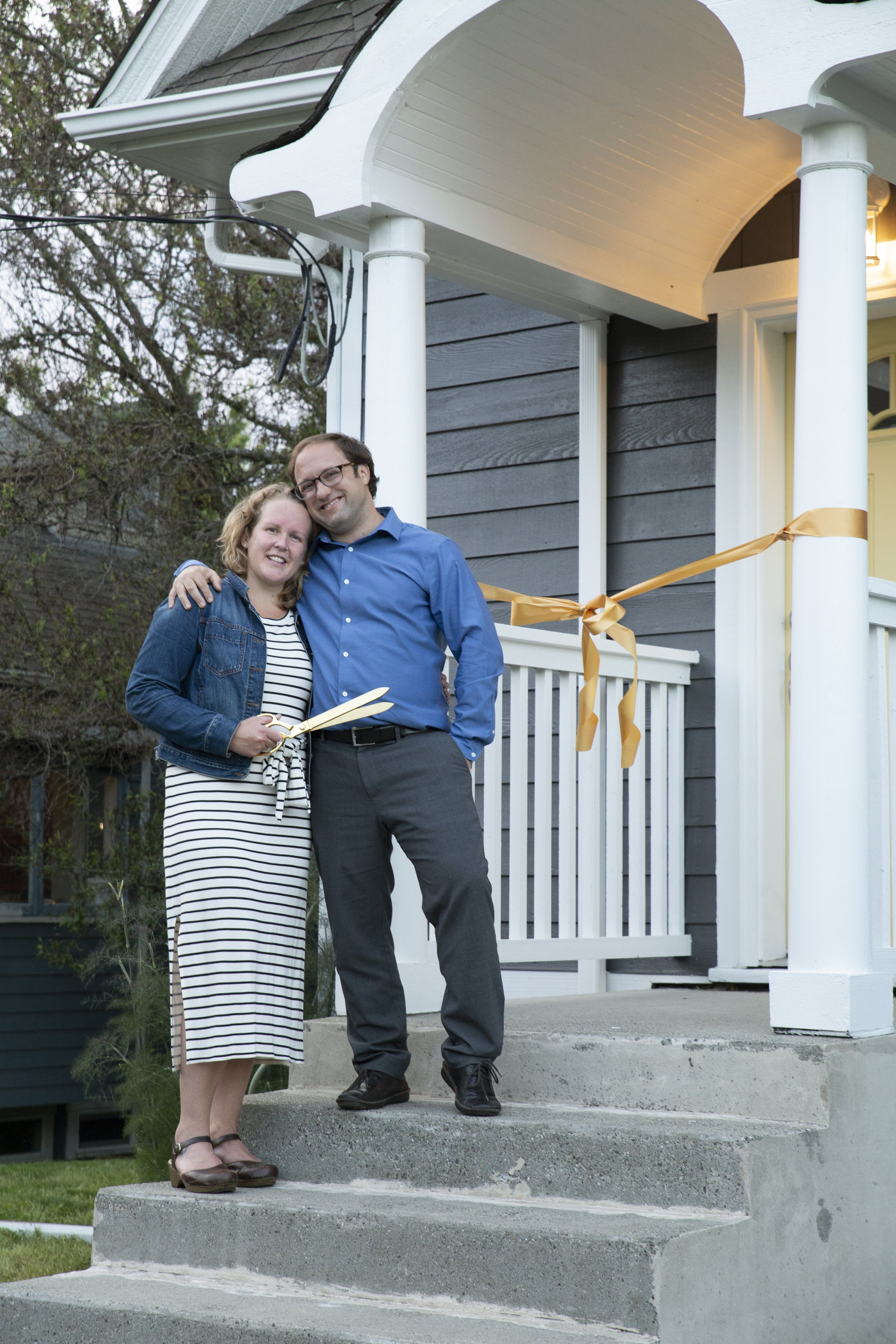Decoding the Offer Review Game: How Savvy Sellers Choose a Winner
As a seller, reviewing offers can feel like being a judge on Seattle’s Got Real Estate Talent: You’ve got multiple hopeful contestants—each putting their best foot forward—waiting anxiously for your approval. Here’s how the process usually unfolds:
📅 Offer Review Dates (or Lack Thereof)
Offers Reviewed Immediately: Think of these as surprise auditions. State law requires that agents present each offer promptly. The agent first vets financial credibility, usually chatting with lenders or verifying cash. Then you, the seller-judge, get to decide whether to:
Accept outright
Politely decline (or ghost—same outcome!)
Counter (giving buyers 2 business days to respond)
Competition fluctuates, peaking a few days after listing and tapering off afterward—so timing can mean everything.
Set Offer Review Date: More like scheduled auditions, where everyone lines up their best offer on the same day. Buyers submit offers hours ahead, giving your agent ample time to verify financing, correct errors, organize documents, and perhaps painstakingly fill out a handy spreadsheet. (Shoutout to Excel enthusiasts!)
Reviewing an offer takes around 30 minutes for the first and just 5–10 minutes for each additional one. But decisions? Those might take minutes—or hours. And heads-up buyers: second chances to strengthen your initial offer are as rare as a sunny Seattle January.
🏆 Scoring Offers: The 100-Point Scale
Want to know how your offer measures up? Here's how the points break down:
💳 Lender (10 pts)
Reputation matters—big time. Your lender can make or break the deal. (Real talk: I once beat a cash buyer by $100K on my own house purely because my lender had credibility.) Local institutions with responsive loan officers reign supreme. Remember, switching lenders mid-deal can complicate things—so choose wisely, friends.
💰 Sales Price (25 pts)
Cash talks—but it doesn’t always have the last word. Highest price doesn't guarantee a win; sellers look at the full story. Price is powerful (about 25% of your offer’s weight), but don’t overlook other factors like buyer credits, closing costs, or hidden terms tucked away in 60 pages of legalese.
💵 Funding (20 pts)
How you’ll actually deliver the cash is nearly as important as the cash itself. The reliability hierarchy, from rock-solid to shaky ground:
Underwritten pre-approval (can close in 10–15 days)
Straight-up cash (liquid)
Contingent cash (e.g., stocks, crypto)
Regular pre-approval
Prequalification
Funds contingent on selling another property (risky!)
Remember the crazy appraisal gaps from the 2021 market? (Glad that's mostly behind us!) Being ready with extra cash to bridge appraisals can still impress sellers.
📝 Contingencies (20 pts)
Contingencies are your "escape routes." Sellers dread subjective contingencies—inspection, HOA, or neighborhood reviews—because buyers can back out without much explanation. Objective contingencies (like financing) at least require a valid excuse (like a lender falling through). Bottom line: fewer contingencies make a seller’s heart rate calmer.
🗂 Earnest Money (10 pts)
Earnest money (EM) is your deposit, signaling you're serious. More money (especially around 5%) makes sellers breathe easier. But be careful—Washington courts are still figuring out the legality of non-refundable deposits exceeding 5%, so let's discuss if this pops up.
📆 Closing Timeline (10 pts)
Speed is king—well, almost. Faster closings mean fewer mortgage payments, less staging rental fees, and quicker agent payouts (your agent loves this!). Typical timelines:
Cash: 10–14 days (2–3 days in theory, if you love adrenaline)
Underwritten local lenders: 10–15 days
Reliable local lenders: 21–25 days
Big banks/online lenders: 30–45 days (ouch)
🖋 Other Intangibles (5 pts)
Presentation matters. Was the offer error-free? Did the buyer’s agent follow submission instructions and communicate proactively? Odd escalation clauses or sloppy paperwork could trigger red flags, causing sellers to question buyer seriousness.
💌 The Controversial "Love Letter"
Ah, the "love letter"—the millennial homebuyer’s double-edged sword. While some agents cringe at these personal appeals, others see the emotional charm.
Winning Formula: Three concise paragraphs:
Who You Are: Profession, hobbies, volunteer work—basically, your Tinder bio without controversial details (keep race, religion, family status, etc. off the table).
Why You Adore the Home: Be specific! Compliment the seller’s decorating style, layout choices, or personal touches—prove you've genuinely connected.
Your Life Vision in This Home: Paint a vivid picture of your future happiness in their house. Bonus points for handwritten authenticity (yes, millennials still appreciate analog gestures).
We’ll strategize whether a love letter is your winning ticket or a risky move, depending on each seller’s vibe.
🔥 Final Thoughts
For sellers, deciding on the perfect offer is both art and science. Priorities shift, emotions run high, and that's totally normal. My role? Advising on the pros, cons, and everything in-between.
Buyers, consider me your insider on seller psychology—I’ll dig for clues to craft a winning approach.
Because real estate is never boring—especially in Seattle.




























































